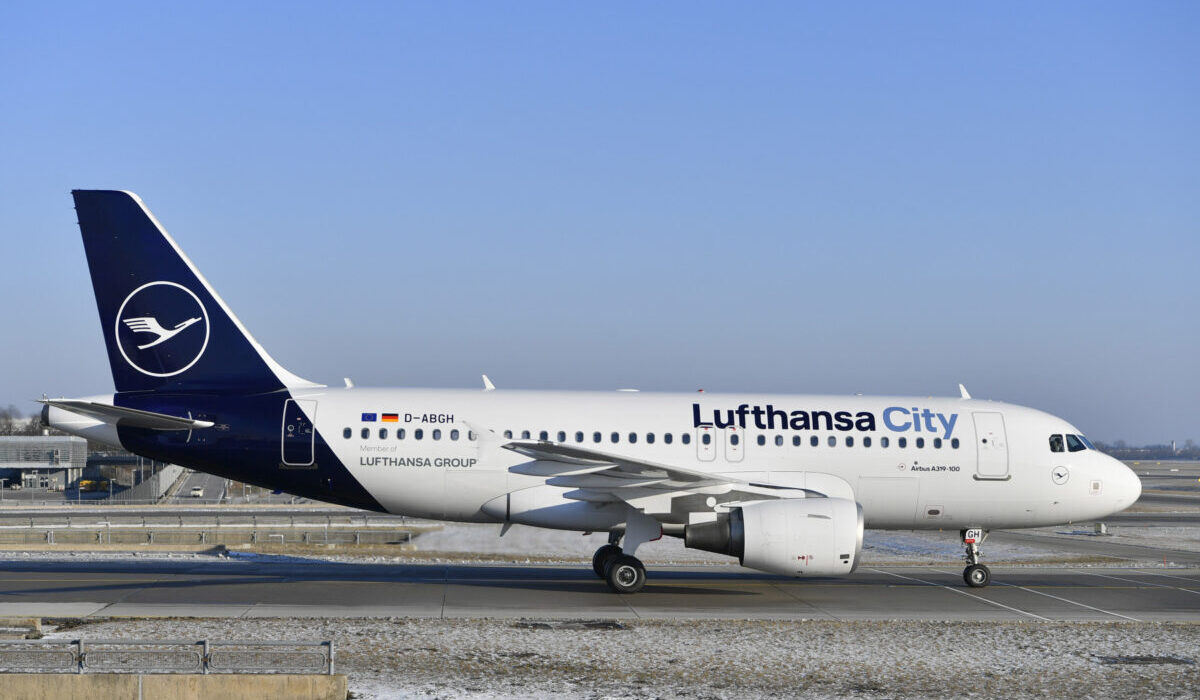At least three major airlines, including Singapore Airlines, British Airways, and Lufthansa, have increased their flights over Afghanistan, according to a Reuters report, as the ongoing conflict in the Middle East has made Afghan airspace appear relatively safer.
After largely avoiding Afghanistan for three years due to the Taliban’s takeover and the suspension of air traffic control services, airlines are now reconsidering their routes.
According to Reuters report, Afghanistan, which lies on key paths between Asia and Europe, saw a significant rise in overflights—from around 50 daily to 150 by the end of July—following the killing of a Hamas leader in Iran.
While air traffic control services in Afghanistan have yet to resume, the escalating tensions between Iran and Israel have led carriers to view the skies over Afghanistan as less risky than those over the Middle East.
Reuters reports that this shift began in mid-April during missile and drone exchanges between Iran and Israel, with Lufthansa, Singapore Airlines, and British Airways gradually rerouting some flights over Afghanistan.
The increase in flights became more pronounced after the late July killings of senior members of Hamas and Hezbollah raised fears of a major escalation in the region. According to Reuters’ analysis of Flightradar24 data, overflights in Afghanistan in mid-August were more than seven times higher than the same period a year ago.
Reuters reports that airlines, including British Airways, Thai Airways, Turkish Airlines, and Singapore Airlines, did not comment on their rerouting decisions. However, Taiwan’s EVA Air, which began flying over Afghanistan in late July, told Reuters that its routes are determined by safety, the current international situation, and flight advisories.
The decision to fly over Afghanistan also reflects economic pressures, as airlines seek to save costs after losing access to shorter routes through Russian airspace following its closure to most Western carriers in 2022. This comes as the industry continues to recover from the financial impact of the pandemic.




